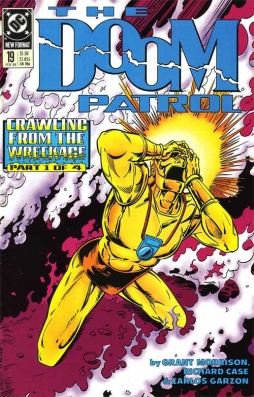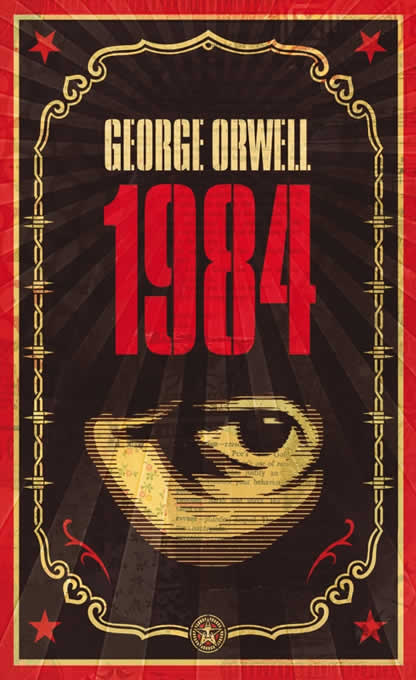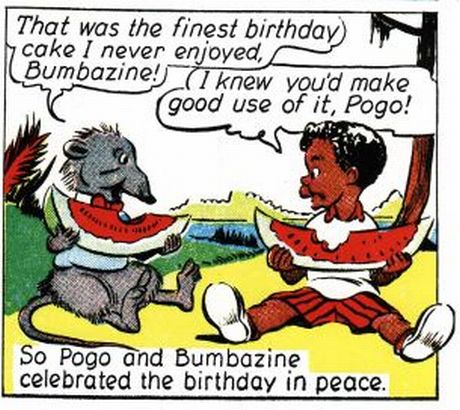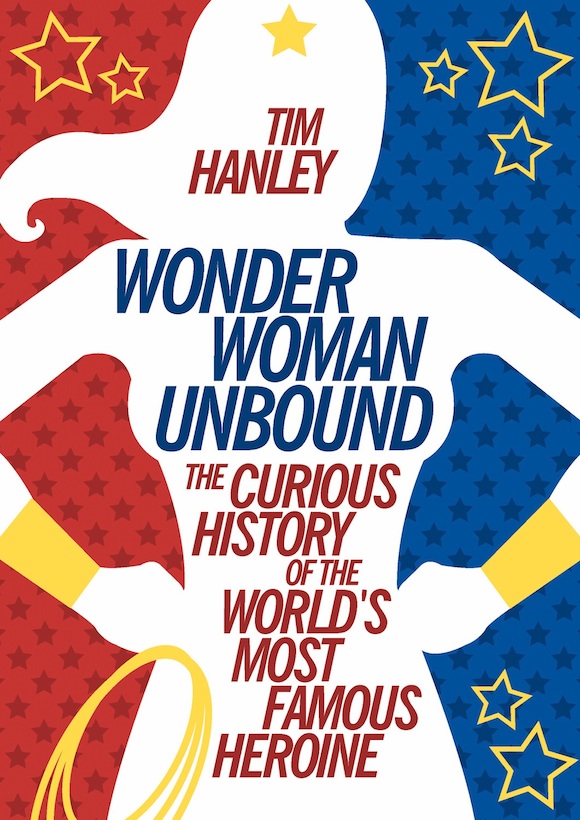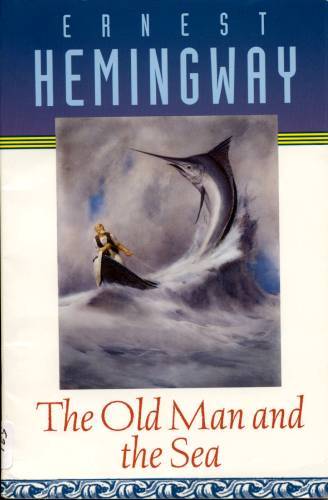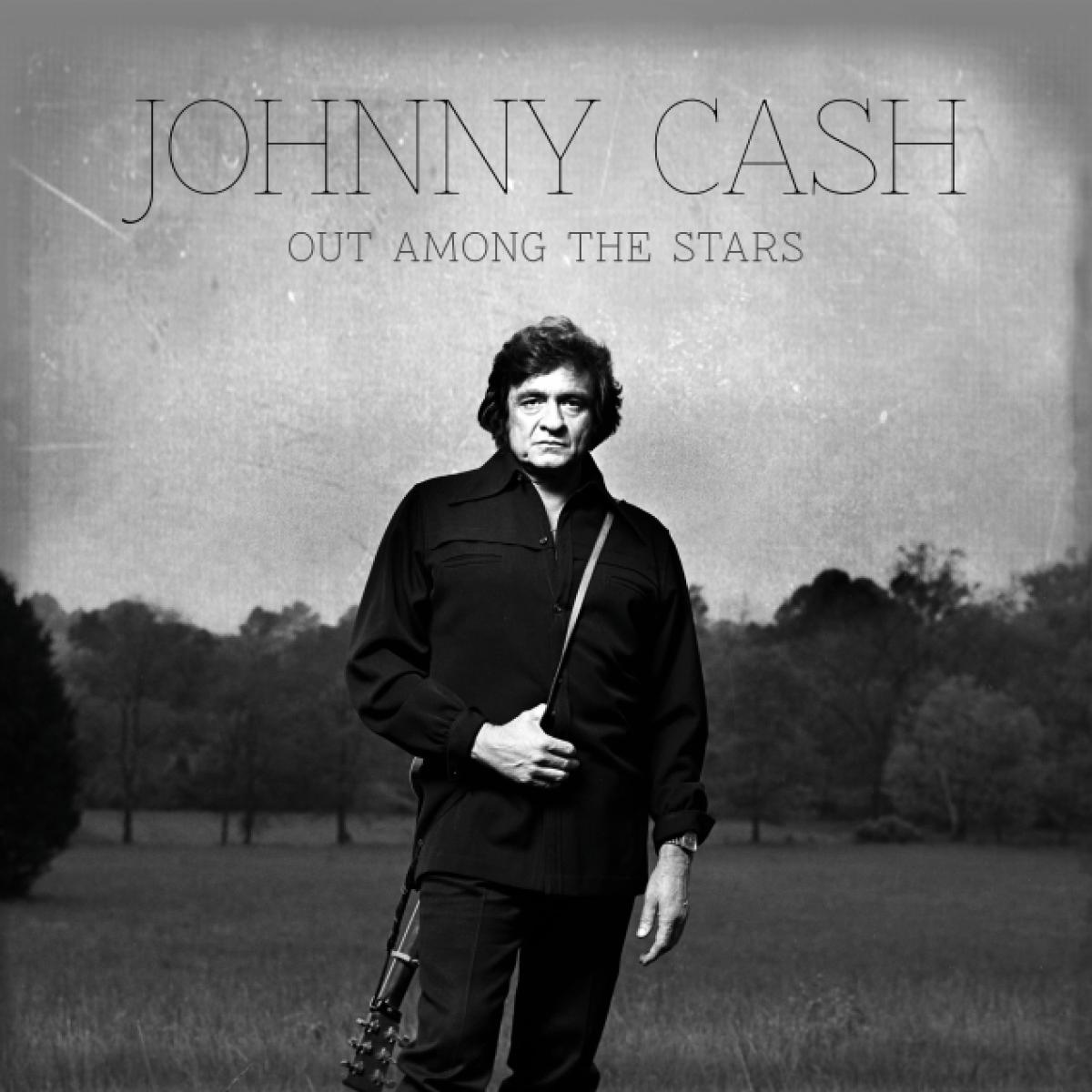
The Hunger Games and Divergent may have romance elements but they’re not romance novels. Katniss and Tris don’t, for the most part, have time to focus on boyfriends; they’re too busy trying to stay alive and fighting their oppressors. Romance is about love; the most popular YA dystopias are about freedom. That’s a fundamental difference.
Or is it? When you actually read romance novels, it’s not so clear. Especially in historical romances, the parallels with YA dystopias can be startling. For example, Laura Kinsale’s 1993 classic For My Lady’s Heart is set in Medieval Europe — a setting as alien, and in many ways as authoritarian, as Tris’ future Chicago or Katniss’s District. The Princess Melanthe, like her peers in YA, is hemmed in by rules and proscriptions, her every move monitored and enmeshed in plot and counterplot. Born in England, Melanthe married into an Italian house, and her husband’s death set off a cascade of political intrigue as various suitors vie for her lands and power. One of her husbands’ Italian rivals has forced her to travel with his son, a castrated assassin who sleeps in her bed to make sure she doesn’t betray his father even in her sleep. Her entire life is devoted to concealing her real feelings under an icy veneer of calculation. Her husband “had trained her to trust no one and nothing, to lie of everything to everyone.” That’s how you live under totalitarianism. Katniss pretending to love Peta; Tris concealing that she’s divergent; Melanthe pretending to marry a man when she has no intention of doing so — they’ve all learned to dissemble in the face of power.
Rose Lerner’s recently published Regency romance Sweet Disorder is less grim — no one is threatened with death — but there are still parallels. Phoebe Sparks is a poor widow whose sister has become pregnant out of wedlock, and faces exile and shame As a woman without much money, Phoebe’s options are constrained by rules which are both arbitrary and cruel. There’s a local election, and both sides are willing to provide her with much needed cash since her vote is needed — except that it’s not her vote, but her husband’s. should she remarry. Because of the elaborate mores of a strange society, she has to sacrifice herself to save her sister…which is exactly the dilemma which faces Katniss in the Hunger Games.
All of these books, then, are devoted to dystopias, past or present — they all involve women trying to live their lives in the shadow of repressive power. Or, to look at it another way, they all concern women trying to negotiate between patriarchy and love.
It’s true that the exact nature of that negotitation is somewhat different in Hunger Games and Divergent than it is in For My Lady’s Heart and A Sweet Disorder. Most obviously, the YA novels involve significantly more guns. Katniss and Tris protect their loved ones, or try to, through violent political action; the response to exploitive power structures (which, significantly, aren’t always run by men in either book) is revolution. Romance novels, on the other hand, tend to look for non-violent, personal solutions to political problems. Pam Rosenthal’s Regency The Slightest Provocation, for example, concludes with the protagonists, an estranged husband and wife, reconciling and declaring their love as they work together to prevent agent provacateurs from goading laborers into a demonstration that the government can bloodily quash. Injustice is undermined by peace and love, both personal and political. YA responds to patriarchal dystopia with violent political resistance; Romance with nonviolence abetted by personal affection .
Again, though, the binary is less clear than it appears. The Hunger Games, for instance, is acutely aware of the limitations of violence as a response to violence. Katniss’ embrace of revolution ultimately destroys the sister who she was fighting for in the first place. The rebellion in The Hunger Games, led by a woman, doesn’t challenge the patriarchy. It just replaces one boss with another, cosmetically different, but every bit as vicious. And for its part, For My Lady’s Heart doesn’t exactly forswear violence; Ruck, the hero, fights for Melanthe on a number of occasions, and while the tourneys aren’t to the death, the novel still unequivocally glories in his prowess, and in might asserted on behalf of right.
Rather than seeing YA dystopias and historical romances as opposed, then, it makes more sense to see them as thinking through related questions in complementary or overlapping ways. Can you use the tools of patriarchy, such as violence and paranoia, against patriarchy? Does forswearing those tools leave you defenseless? Is love a weakness, which gives patriarchy a hold on you, sending you to the Hunger Games (like Katniss), or into an arranged marriage (like Phoebe, in A Sweet Disorder)? Or is love a strength, which gives you the heart to resist oppression?
Despite the similarities, I wouldn’t necessarily insist that YA dystopias should be shelved with, Romances. Genre markers are fairly arbitrary. But as in YA and historicals, that arbitrariness is itself indicative of lines of power. YA isn’t generally seen in the context of Romance novels because Romance novels simply aren’t seen; mainstream conversations about genre fiction include sci-fi and mystery and children’s lit and YA, but the genre with the largest sales and readership is almost entirely ignored. Seeing Hunger Games and Divergent as future historicals is a way to see them as not just about the dystopia to come, but about the dystopias we’ve already (and continue) to have. And it’s also a way, perhaps, to grant Katniss and Tris their love along with their violence, and to see that they aren’t the first to wrestle with those options. They have many sisters who came before them.

